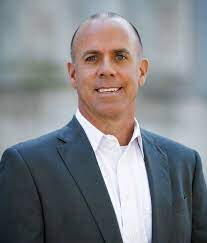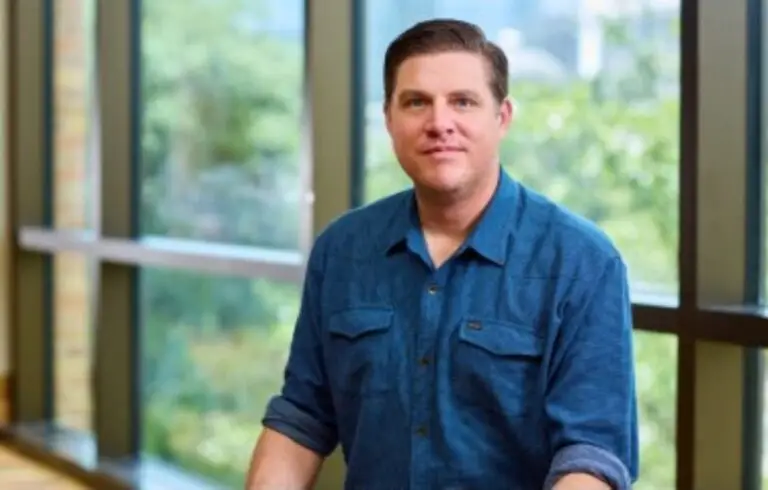The pandemic plus technology has transformed the paradigm for leadership and executive recruiting. Today, the degree of emotional investment that candidates devote to the process has diminished, resulting from innovations in video conferencing technology combined with the acceleration of the remote working environment. This phenomenon has been further advanced by the global pandemic and the consistent pace at which business is moving.The psychology behind today’s leadership interview has shifted, thanks to remote options and the growing competition for talent.
In other words, while there is extraordinary demand for talent, the traditional recruitment process has been disrupted due to the simplicity and ease in which candidates can participate in a search.
Because of this relatively effortless access, today’s candidates are often less committed to the process because they face little or no risk in exploring new opportunities, often without having to leave the comfort of their own den or home office to reach out. In addition, for executives working from home with only virtual networking and interaction, there is a noticeable reduction in the visceral tug of corporate culture and work/team relationships to help keep them committed. The lure of exploring other employment opportunities grows more tempting when the executive is thinking, “I might as well evaluate the opportunity because I have nothing to lose. I do not even have to take time off from work to travel for an interview, so what can it hurt?” This attitude has created an openness to exploring new opportunities more freely. In fact, it has spawned a new approach to search, on the part of many candidates, where they participate almost as one would “window shop” online for a new car or real estate, sifting through opportunities without commitment or a thoughtful intent to follow through.
It’s not to say that all executives are approaching search in this way, but enough have to make an impact, exacerbating the Great Resignation phenomenon, which continues to be very costly to corporate America. Looking at it through an executive recruitment lens, this insincerity trend has the potential to disrupt the enterprise in several meaningful areas:
Destabilizing leadership cohesiveness
For best results, the C-Suite needs to be emotionally invested in its success. It must act as a team depending upon each other and devoted to the enterprise. If even one team member feels less committed or suspects that other team members feel that way, morale, effectiveness and results will suffer.
1. Rising compensation costs
Outside pressure resulting from leadership volatility can disrupt the executive compensation structure causing the need for unexpected rebalancing of incentives, equity structure and more.
2. Prolonging the search
When insincere candidates are not weeded out early in the process, the end-stage candidate drop-out can create unnecessary stress on hiring managers and business leaders. We must have multiple finalist choices to consider to successfully complete search processes. We want to avoid the “one candidate above the rest” situation and ideally have choices 1a, 1b and 1c.
3. Delaying the enterprise’s overall mission
Turmoil at the top causes delay and disruption in implementing overall enterprise strategy and in generating results.
4. Undermining corporate culture
When leaders are insincere about the degree of their commitment, it can be demoralizing to the rest of the organization, with the potential to undermine corporate culture.
The enterprise, to protect itself from the harmful effects insincere candidates can bring to a search, must retool its executive search procedure to expose candidates’ true motivation starting from the beginning of the search process. Developing a Sincerity Stress Test can accomplish this goal long before insincere candidates can impact the selection of finalists.
The Sincerity Stress Test starts day one in the interview process and is designed to put pressure on psychological points along the way, where a candidate might have conscious or subconscious sincerity issues. Those issues, which can camouflage true intent regarding level of commitment for making a career change and accepting a new position, must be unmasked as early as possible.
The Sincerity Stress Test consists of four key components:
1) Conducting motivational testing earlier in the process, designed to ascertain a candidate’s interest in leaving his or her current situation and in accepting the new one. The answer to this question is an important test in determining levels of sincerity.
2) Vetting willingness to invest in the process—indicating immediately that a face-to-face meeting is required—will help set the stage. Conducting face-to-face interviews that require travel and an “investment” in time and energy is an important test.
3) Performing assessments and evaluating cultural fit via psychometric tools will help determine potential obstacles or misalignment with career goals/aspirations. Additionally, affirming commitment and pre-closing candidates from one step to the other will help form an emotional connection to an opportunity.
4) Reducing time windows for keeping offers open. The longer period a candidate has to commit, there is more time for them to wait for other opportunities. A smaller window shuts down the process more quickly.
The corporate world is experiencing a candidate-centric market where entrants can sit back and use technology to view and participate in search opportunities and interviews without the need to reveal intentions or interest. Tightening up the search process, with a focus on the candidate’s sincerity, is in the best interest of the enterprise. Adopting a Sincerity Stress Test methodology enables the enterprise to improve the offer/hire ratio with better time-to-hire results. Ultimately, this new initiative will enhance leadership quality and stability, while dramatically enhancing corporate profitability, culture and the long-term strategic health of the organization.







